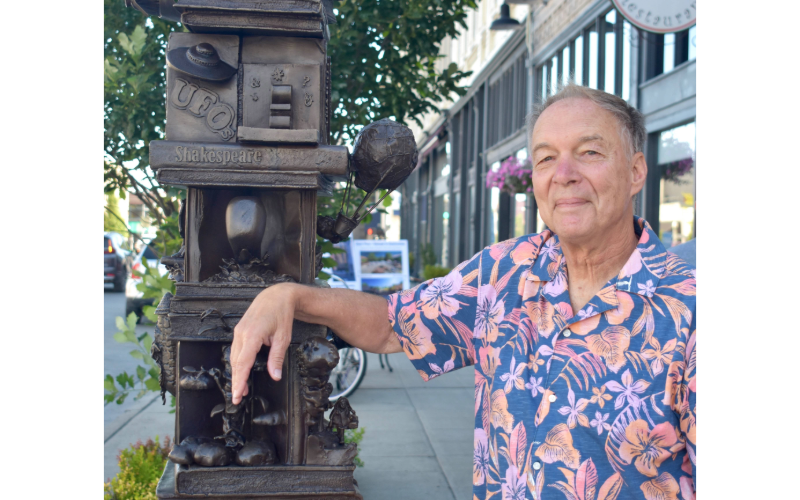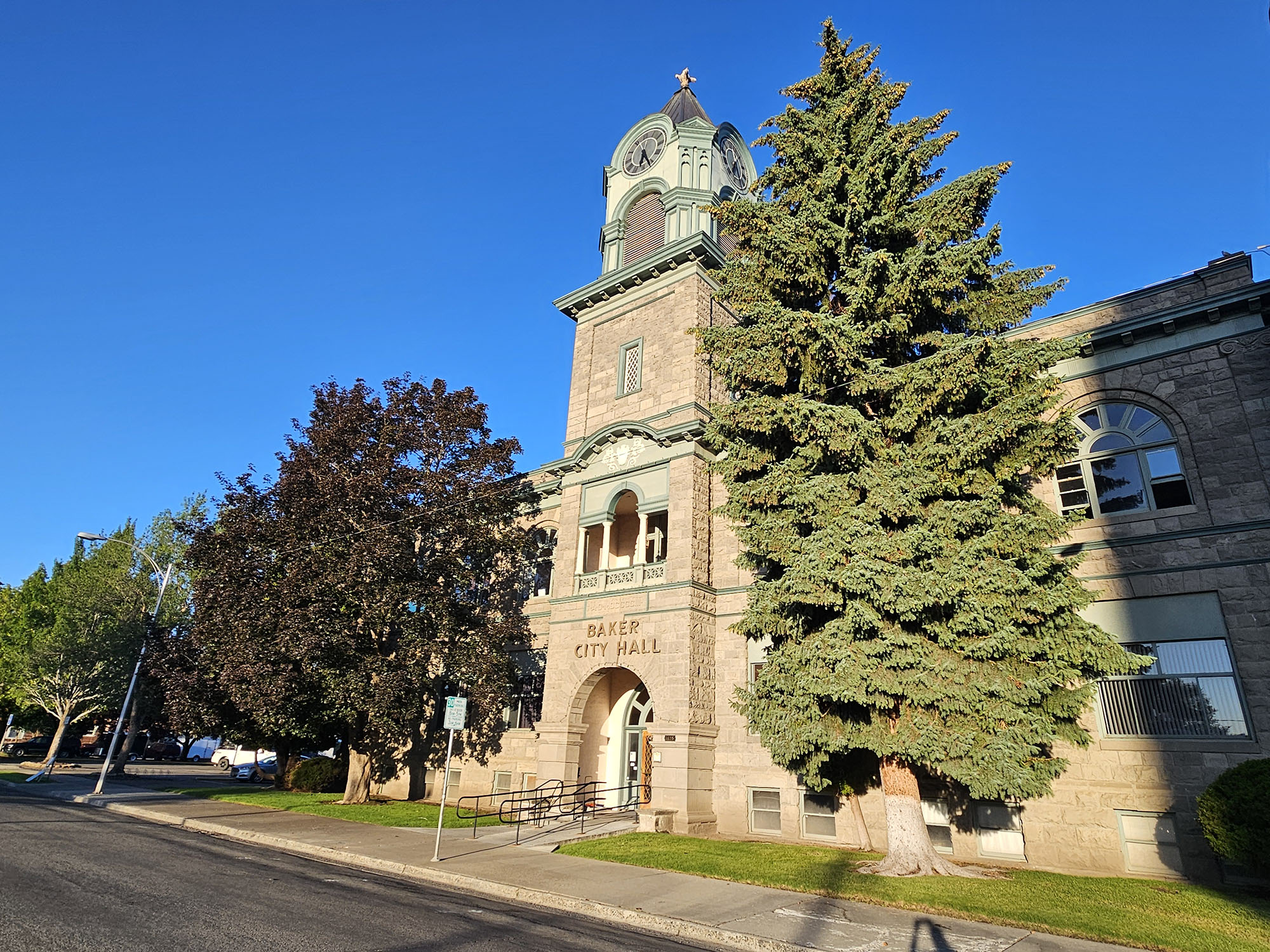EDITORIAL: City needed guarantee to repay loan for golf course
Published 11:15 am Monday, March 25, 2024

- Quail Ridge Golf Course hosts the second Quailfest, featuring music, vendors and food, on Sept. 6, 2025. (Lisa Britton/Baker City Herald)
Quail Ridge Golf Course, which costs the city far less to operate than Sam-O Swim Center does, is not a financial drain on Baker City’s budget.
Trending
Not yet, anyway.
But the city council’s decision on March 12 to award a $1.35 million contract to a Missouri company to replace the course’s antiquated and leak-prone irrigation system is predicated on a repayment plan that is not guaranteed.
And that raises the possibility that the council would have to tap its general fund. That is not acceptable. The general fund, which includes the police and fire departments, is already facing a significant shortfall during the fiscal year that starts July 1. Councilors have taken steps toward solving that problem, and avoiding cuts in the police department and more cuts in the fire department, including increasing franchise fees that utilities pay to use city rights-of-way and reinstating a monthly public safety fee. City voters will also decide in the May 21 election whether to increase their property taxes, with the proceeds going to the police and fire departments.
Trending
Proponents of the irrigation project, including local golfers, to their credit have raised money from multiple other sources. These include the Leo Adler Foundation, golfers themselves, and the Anthony Lakes Outdoor Recreation Association, which manages the 18-hole course for the city.
Mayor Randy Daugherty said during the March 12 meeting that the city’s share should be around $695,000. A previous city council, in June 2023, agreed to loan as much as $700,000 from the Anthony Silvers Street Tree Fund for the irrigation project. The city will repay that fund, with interest, over several years.
Daugherty said money for the repayment could come from the lodging tax, which guests at motels, bed and breakfasts, vacation rental homes and other lodging businesses pay. The lodging tax has generated record amounts of money the past two fiscal years, including $860,000 in the year ending June 30, 2023.
But the city can’t unilaterally divert lodging tax money to repay the interbudget loan for the golf course.
A Baker County ordinance updated in 2019 gives the authority to distribute lodging tax revenue to the three county commissioners. The ordinance, following a state law, requires that 70% of the revenue be used for tourism promotion, and 25% for economic development.
The county’s Economic Development Committee voted last week to recommend that county commissioners commit $300,000 in lodging taxes to the golf course irrigation project.
A compelling argument can be made that the golf course, as a tourist attraction and a community amenity, is a legitimate use for lodging taxes under both of the categories in the county ordinance and state law.
But the city council should not have committed about $700,000 until it had a guarantee from the county that lodging tax revenue — not money from the city’s struggling general fund — would pay for the work.









